The intellectual impetus for this volume is the abiding interest of its editors in promoting in-depth, cutting-edge analysis of the current global political economy in order to advance a political economy of more equitable, humane, eco-sensitive global futures. In addressing this challenge, the contributors to this book have developed distinctive and original theoretical frameworks and propose new mediations between theory and history, which is a deeply problematic relationship in the social sciences. We view this project as a sequel to an earlier collection, Phases of Capitalist Development: Booms, Crises, and Globalizations, which was edited by Albritton, Westra, and Zuege (2001). Like that well-received volume, we have gathered internationally recognized contributors who are based in diverse countries and write from different conceptual perspectives.
The key difference between the earlier and current volumes, however, is their respective orientations to time and location in time. While the previous work focused on periodizing capitalism and theorizing its successive world-historic phases to understand the present, the current project focuses on the present in order to better inform reflections on possible or likely global futures. Moreover, whereas all the essays in the previous volume were written prior to or during the year 2000, this collection captures the momentous transformations of the global political economy and its leading economies in the first years of the new millennium. 9/11 is probably the most dramatic (and subsequently dramatized) event to have happened in the intervening years on the global political stage and possibly the most significant in terms of future global politics. It is too soon to judge whether the recent publication (in February 2007) of the United Nations report on climate change may dislodge the neo-con American concern with 9/11 and the ‘war on terrorism’ (and its associated economic and political interests in the energy-military complex) in favour of more concerted global action for a ‘war on climate change’ (and its associated anthropocentric concerns about global political ecology and the future of humanity). In the intervening five years or so, however, following an initial wave of widespread popular and governmental sympathy with the people and wave of widespread popular and governmental sympathy with the people and political leadership of the United States, the rapid bellicose shift in American foreign policy in line with neo-conservative aspirations turned world opinion dramatically against the increasingly militarized and unilateral character of attempts to maintain and reinforce American global hegemony. And while the United States’ brazen violation of international law and human rights and environmental disdain has deeply angered people everywhere, global neo-liberal economic policies are coming under attack as their nakedly exploitative and predatory substance is increasingly revealed. For example, instead of the much heralded world of newly industrialized countries (NICs) and newly created democracies (NCDs), neo-liberalism has bequeathed a world of nonviable national economies (NNEs) and ungovernable chaotic entities (UCEs).
1 A recent study cited in the conservative weekly magazine, The Economist, names 46 such potentially “failed states”.
2 Instead of realizing a middle class dream for humanity, neo-liberalism is leading to a nightmare scenario where it is estimated that half of the world’s urban population will be living in slums and shanty-towns by 2020.
3 Neo-liberalism also holds a bleak future for today’s youth with 50 percent of the one billion young people between 15 and 24 already living in poverty.
4 Nor is all well on the home front in the USA, with deepening economic and political divisions throughout the country, the heralded capitalist “model” of neo-liberal success. For example, the US has the highest rate of juvenile incarceration in the world with 163,200 teenagers under 18 in custody in 1997.
The US is one of the few countries in the world that executes teenagers under 18 and it is the only one to have actually done so since 1997.5 It also manifests shocking increases in poverty with 25% of children born into poverty6 and 100,000 children living on the streets,7 while the projected Pentagon budget for 2007 is over $450 billion.8 In the 28 years between 1972 and 2000, in which the US squandered $5.5 trillion since 1972 on building and maintaining its nuclear arsenal,9 wages for men in the 25-34 age group (the age when families are often formed) fell 26% in real terms.10 Statistics gathered in 1995 show that 49.7 percent of Hispanic households had annual incomes below $25,000 as did 54.3 percent of African-American households.11 And this occurred (and continues to do so) as the cost of living increased every year. In sum, when President Bush the First responded to the Rio Earth Summit call for global environmental responsibility that “our way of life is non-negotiable”, it might have been the trinity of rampant militarization, massive and growing world economic inequality, and the accelerating damage to world eco-systems that he had in mind.12 Continuing reductions in the quality of life for the majority of his country’s citizens and denizens have also been non-negotiable – but to their detriment, not their benefit as the costs of tax cuts and corporate welfare have advantaged a tiny minority of the wealthiest and most powerful families and the top corporate and financial enterprises.
The capitalist triumphalism at the end of the Cold War that so energised neo-liberal economic policies and neo-conservative global crusades has now been deservedly put on the defensive as it fails to deal with looming human and ecological problems of great scope and seriousness and has found the task of democracy-building far harder than anticipated. Has neo-liberal self-confidence begun to unravel? Does the rather belated recantation of neo-conservatism by Francis Fukuyama presage the shift from an offensive to defensive step in neo-liberal and neo-conservative domination? Has a newly resurgent American global hegemony begun to fall? Were the uprisings of the youth in the Paris suburbs in 2006 harbingers of more general resistance in a world where neo-liberal economics are depriving youth of a future? How should we evaluate the signs that indicate a potentially hard and rocky road for neo-liberal capitalism in the immediate future? What new modes of political economic thought and action are required to deal effectively with problems that neo-liberalism far from solving only makes worse? These are some of the pressing questions that contributors to this book attempt to address.

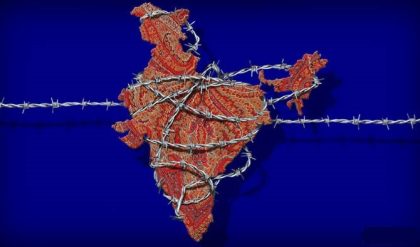
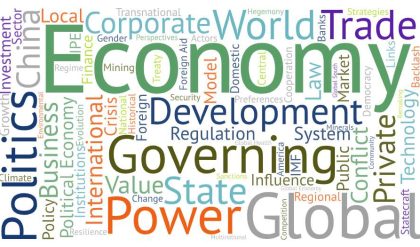
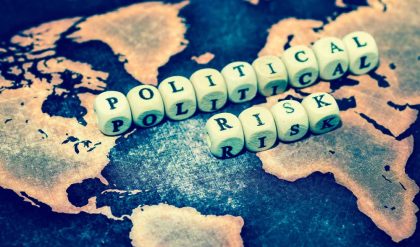
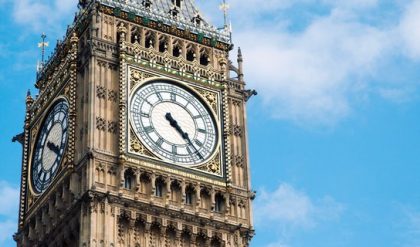
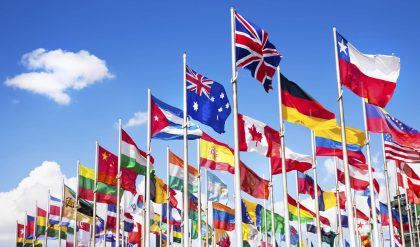
Comments are closed.